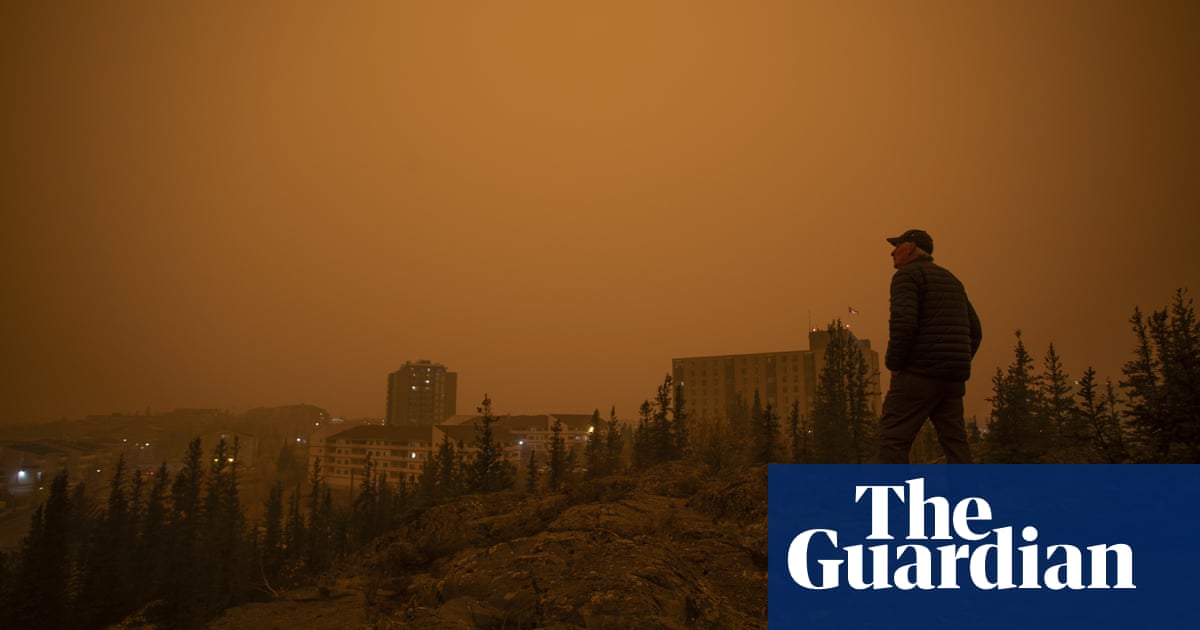- cross-posted to:
- [email protected]
- [email protected]
- cross-posted to:
- [email protected]
- [email protected]
Year of devastating wildfires meant Canadians were breathing worse air than southern neighbours for first time ever
Canada’s pristine air quality has been long praised by its citizens and prized by its government. But the thick plumes of smoke and miles of haze released by a record-breaking season of wildfires deteriorated the country’s air so much that it has fallen behind the United States for the first time on record, highlighting the wide-ranging and damaging effects of the blazes.
In its sixth annual World Air Quality report released on Tuesday, the Switzerland-based IQAir found overall air quality in Canada was worse than its southern neighbour. Of the 15 most polluted cities in the two countries, 14 were in Canada. Overall, Canada and the United States were ranked 93 and 102 for their air quality (Bangladesh, at No 1 was the most polluted).
The bulk of those communities were clustered in Canada’s western provinces, where wildfires engulfed the largest swaths of land.



This is the best summary I could come up with:
But the thick plumes of smoke and miles of haze released by a record-breaking season of wildfires deteriorated the country’s air so much that it has fallen behind the United States for the first time on record, highlighting the wide-ranging and damaging effects of the blazes.
The bulk of those communities were clustered in Canada’s western provinces, where wildfires engulfed the largest swaths of land.
The northern city, typically out of reach of major wildfires, made headlines over the summer when nearly 20,000 residents were forced to flee their homes as multiple fires converged upon the region.
Fires across Canada from British Columbia to Nova Scotia prompted waves of air quality warnings across the country, including major cities in Ontario – a region relatively unaccustomed to the sooty haze and eerie orange skies of wildfire smoke.
“We are seeing records set for everything from drought to snowfall to heat, and what we are hearing from experts is that this summer might be a very difficult one,” the provincial premier, David Eby, told reporters on Monday as he announced early preparations for the upcoming wildfire season.
In the neighbouring province of Alberta, officials also marked an early start to the fire season after a dry and mild winter.
The original article contains 672 words, the summary contains 207 words. Saved 69%. I’m a bot and I’m open source!